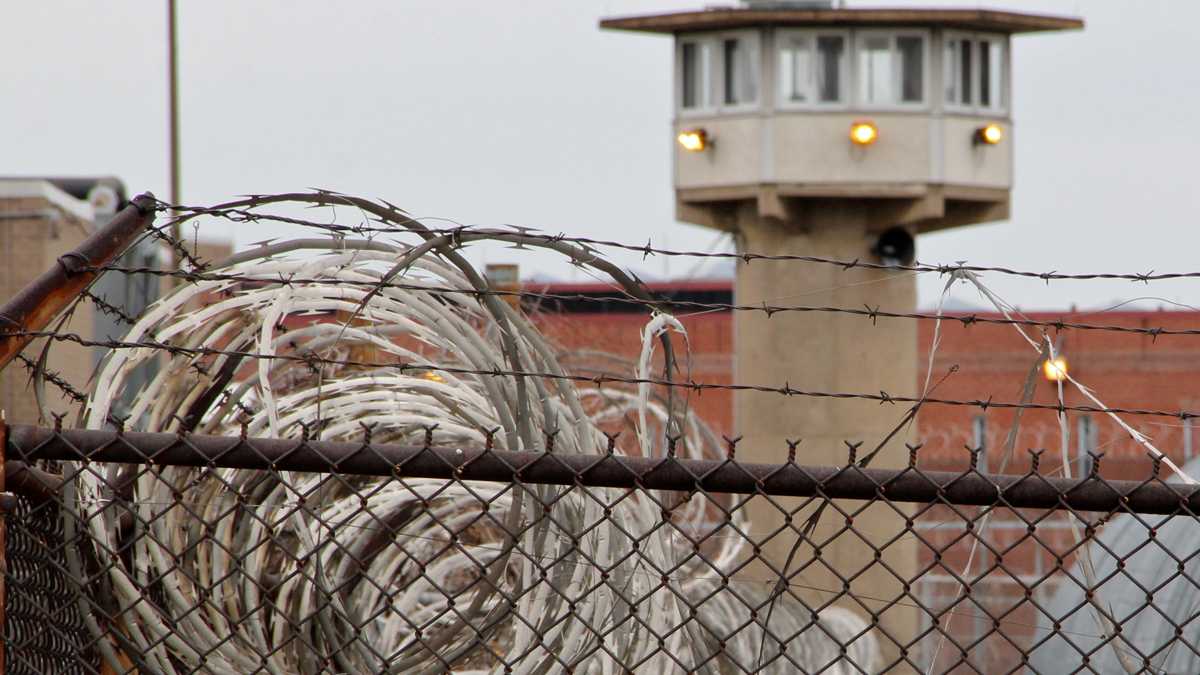Pennsylvania agrees to new steps for mentally ill in jails

The correctional complex on State Road in Philadelphia. (Emma Lee/WHYY, file)
Pennsylvania agreed in court Thursday to a second set of steps to try to ensure mentally ill defendants don’t suffer long stays in jail before getting transferred to a treatment unit. The jail stays amount to what civil rights lawyers say are hundreds of constitutional violations every day.
U.S. District Judge Sylvia Rambo told lawyers for the sides during a court hearing that she would approve a plan for the state Department of Human Services to pay for about 110 more treatment beds and hire consultants to recommend ways to reduce the waiting list for treatment.
The agreement followed a court filing last month by the American Civil Liberties Union and the Arnold & Porter Kaye Scholer law firm in Washington, D.C., accusing the department of “foot-dragging” on commitments it made more than a year ago to settle a 2015 lawsuit.
On Thursday, the department’s chief counsel, Doris Leisch, told Rambo that the department had moved nearly 700 people out of state hospitals or off the waiting list, and into more appropriate settings. But, she said, there is still a waiting list of over 250.
The department will have nine months to open the new beds — 80 in the Norristown State Hospital must be opened within six months — and it must get recommendations from the consultant in six months, said Witold J. Walczak, the legal director of the ACLU’s Pennsylvania chapter.
In a settlement reached in January 2016, the department had pledged more money, more rehabilitation services and faster assessments. But Walczak said the state had never created a long-term plan to fully resolve the problem.
“This is solvable,” said lawyer David Gersch of Arnold & Porter. “It just requires resources.”
Gersch also suggested that the waiting list is a revolving door, because people the department is moving off it are ending up right back on it.
Gersch and Walczak say waits in Pennsylvania, sometimes exceeding a year in jail, are likely the longest in the nation for mentally ill defendants. Some of the mentally ill defendants were accused of petty crimes and spent longer in jail waiting for an assessment than a guilty verdict would have required, they say.
Federal courts have ruled that delays of more than seven days from the court’s commitment order to hospitalization for treatment are unconstitutional. The department, however, has not agreed to a precise time limit for such waits.
WHYY is your source for fact-based, in-depth journalism and information. As a nonprofit organization, we rely on financial support from readers like you. Please give today.




